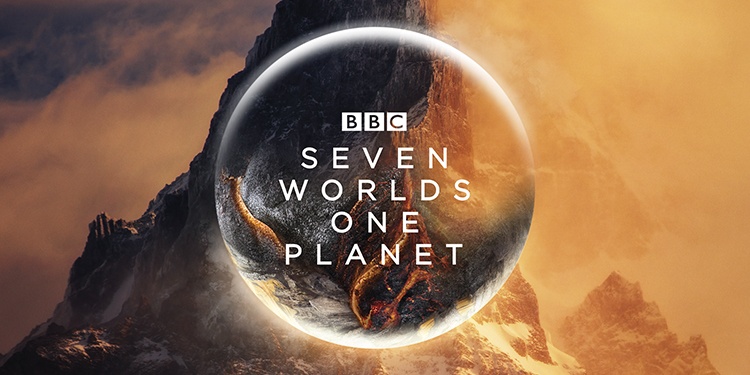It is without a shadow of a doubt that our natural world is deteriorating at unspeakable speeds only comparable to the mass annihilations found in the Cretaceous period. Climate change, habitat loss and resulting encroachment are all at the forefront of this crisis. Consistent coverage in the media, dating as far back as 2014, highlights the frightening extinction rates at which we are losing species; it is estimated that we are exterminating wildlife almost 1,000 times above the expected pace. For the first time, even we are met with the brink of extinction.
‘Seven Worlds, One Planet‘ – Sir David Attenborough’s new landmark series – explores the devastating impact of this mass extinction and the cumulative effect this is having not only on the natural world but our human world too. Staggeringly, 99% of wildlife endangerment is as a result of human activity negligence and apathy. Due to this, the series – much like the works of previous BBC Earth docu-series – shed light on this climate crisis and advocates for a change in both approach and attitude.
To commission the series, devoted cameramen embarked on a four-year journey documenting over 2000 hours of stock footage, while capturing some of the most visually striking and cinematic shots ever to have been recorded within wildlife television. One of my many favourite excerpts from a recent broadcast was that from the Golden Snub-Nosed Monkey family as they huddle in the attempts to protect one another from the piercing cold storms of the Chinese mountains. The show is accompanied with archives dating back to Attenborough’s first few adventures to Borneo in 1956, scoring fitted to the visuals and the narration of naturalist presenter, David Attenborough. This documentary is far beyond that which has ever been seen before and far exceeds our expectations of a high-budget documentary. The BBC, consequently, does not fail us for yet another series.

My personal favourite part of the entire programme is the ‘On Location’ segment as the show draws to a close. Offering audiences an insight into the ‘behind the scenes’ of the programme, this sequence is no stranger to the Natural History department. This short division offers the audience an opportunity to empathise with the hardworking team onsite and appreciate their filmmaking first-hand. Cameramen too participate in a presenter-styled, vlogger approach and invite us into the Seven Worlds in which the programme is shot. For the first time, we are faced with exceptional scenarios such as the tension of a Puma watching over the operator, the intimacy of a Dingo and her cubs and the reminiscence of the uncorrupted state of the planet untouched by mankind.
This programme as a reminder of the dire threat we now face bids us a second chance to resist the climate crisis and fight for precious life forms which cannot withstand much longer. Its time to stand resolute and in our joint efforts become a more sustainable planet for both ourselves, but more importantly, those who we have taken so much from already – the wildlife who stand little chance without well-intentioned change.
Remarkably, 2019 has been a year of some great environmental victories – including issues tackled within the programme – such as a change in eating habits, heightened awareness and greener lifestyles. While it is true that we are making small adaptations to an overwhelming issue, we still need to demonstrate an astute urgency, and now is the time to achieve a breakthrough!

With the next 11 years being crucial in the survival of our planet, it really is ‘now or never’ to make bold and effective changes to the world we live in.
The programme offers us ways in which we too can revolutionise our attitude and confront the crisis we face. Supporting companies which offer less destructive measures and more eco-friendly alternatives can be a simple start. Similarly advocating for animal rights and securing their wellbeing can alleviate the problem and help build awareness.
This list is not exhaustive, and unfortunately, this is not an overnight solution. However, together we can help ‘damage control’ the problem and endeavour to restore the planet to its original natural splendour. Perhaps watching the documentary can be the start of the change you make.
For those of you that haven’t seen it yet, I genuinely urge you to. It truly is as poignant and mesmerising as they say.
Image Credit: medianews4u

